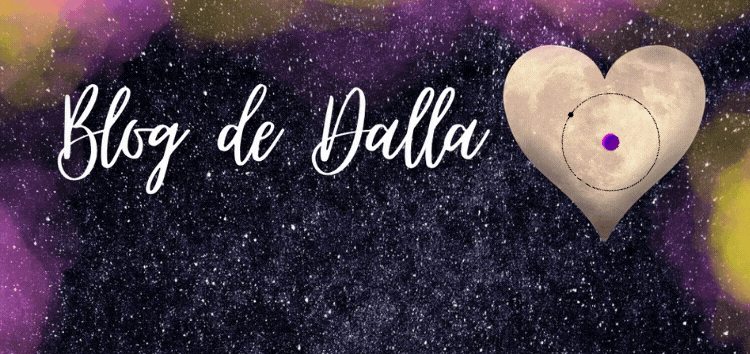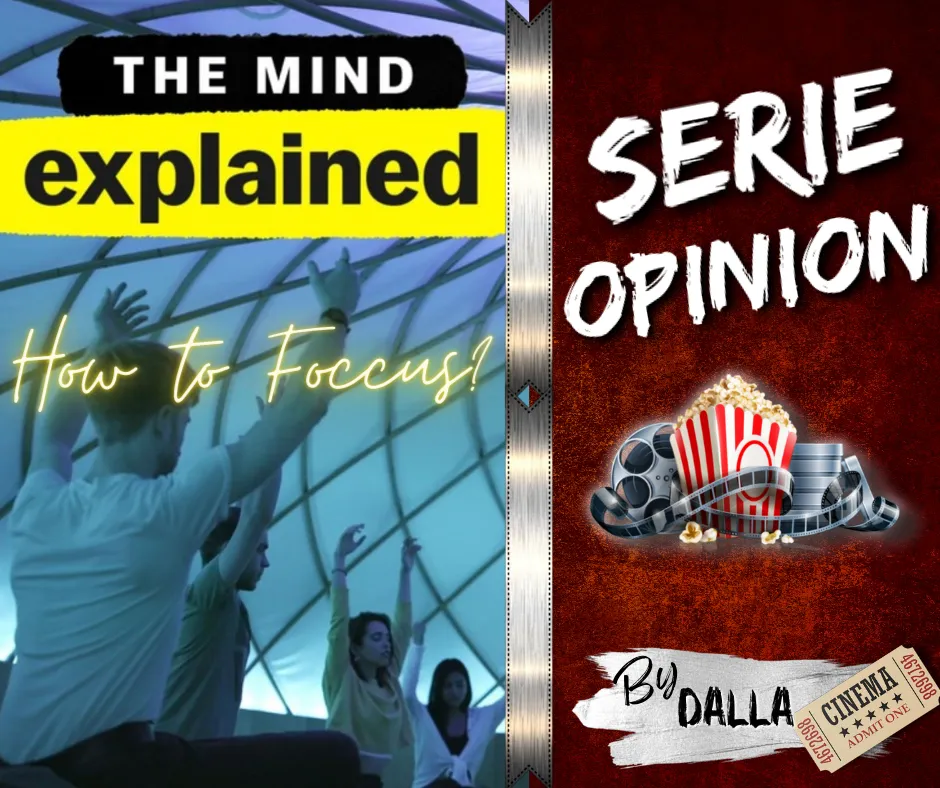

¡Saludos queridos espectadores del cine de hive! 🤗 Tengo rato sin ver una película que me atraiga para traer a la comunidad, así que nuevamente esta semana les traigo un post sobre una serie, estilo documental, bien interesante para poder entender la mente humana y lo comenzaré haciéndoles la siguiente pregunta: ¿Te has puesto a pensar en la importancia de la concentración para tu vida?
La respuesta a esa pregunta para muchos es evidente, pero para otros no tanto porque no han detallado lo necesario que es poder realizar esta función mental superior para poder llevar a cabo todas sus funciones comunes en el día a día.
La concentración es un proceso que se da de forma inconsciente, pero que podemos hacer conscientemente también, y es justamente de estas dos cosas de lo que trata este capítulo del documental "La mente, en pocas palabras" llamado "¿Cómo enfocar la atención?"
Greetings dear viewers of hive cinema! 🤗 I haven't seen a movie that attracts me to bring to the community, so again this week I bring you a post about a very interesting documentary to understand the human mind and I will start by asking you the following question: Have you ever thought about the importance of concentration for your life?.
The answer to that question for many is obvious, but for others not so much because they have not detailed how necessary it is to be able to perform this higher mental function in order to carry out all their common functions on a daily basis.
Concentration is a process that happens unconsciously, but that we can do consciously as well, and it is precisely these two things that this chapter of the documentary "The Mind, in a nutshell" called "How to Focus Attention?" is about.

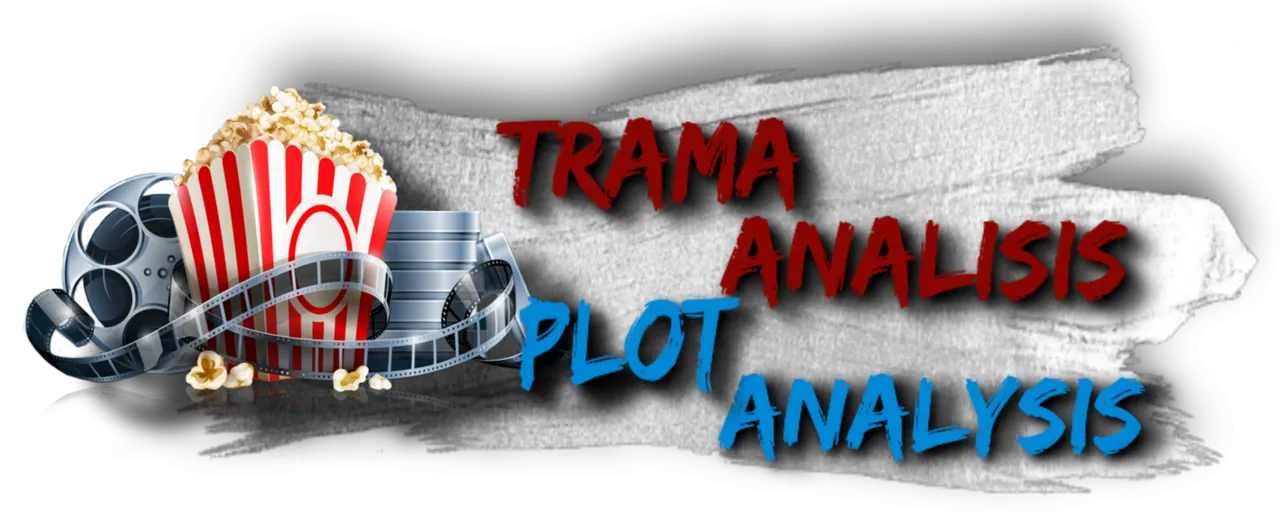
De antemano nuevamente les advierto que esto va a tener bastante de spoiler, porque la idea es que quede como un recurso en mi blog disponible para las personas que buscan Psicoayudas, además de que, básicamente, lo que yo diga aquí tiene mucho de mi percepción y es algo ínfimo para todo lo que brinda el documental, por lo que si estas interesado realmente en aprender sobre este proceso, vas a ir igual al verlo en Netflix independientemente de lo que yo diga aquí.
Siguiendo con el punto… Tenía pendiente empezar a ver este documental hace un rato y me di cuenta de que realmente son varios los temas que tocan en varios capítulos y son bastante distintos unos de otros, por lo que he decidido ir haciendo un post review de cada capítulo.
Cada uno trata sobre un factor relacionado con la mente, y ustedes y yo sabemos que todo lo relacionado con el cerebro humano es complejo, así que tocarlo todo en un mismo post no se puede, al menos no escrito por Dalla y ustedes lo saben 🙃.
Este primer capítulo trata sobre la concentración, pensé comenzar a ver otro, pero sin darme cuenta empezó a avanzar la reproducción de este, así que empecé a escucharlo y sin darme cuenta llamó mi atención más que los demás.
Y es que justamente yo estaba haciendo lo que ellos dicen que hacen gran parte de las personas, intentan hacer muchas actividades al mismo tiempo poniendo un poco de atención en cada cosa, pero al final realmente no logran la atención suficiente en ninguna de esas actividades, solo en las que decides conscientemente poner atención.
In advance I warn you again that this is going to have a lot of spoilers, because the idea is that it remains as a resource on my blog available for people looking for Psychohelp, besides, basically, what I say here has much of my perception and is something tiny for everything that the documentary provides, so if you are really interested in learning about this process, you are going to go the same way to see it on Netflix regardless of what I say here.
Continuing with the point... I had pending to start watching this documentary a while ago and I realized that there are really several topics that touch in several chapters and are quite different from each other, so I have decided to do a post review of each chapter.
Each one deals with a factor related to the mind, and you and I know that everything related to the human brain is complex, so touching everything in the same post is not possible, at least not written by Dalla and you know it 🙃.
This first chapter is about concentration, I thought to start watching another one, but without realizing it started to advance the playback of this one, so I started listening to it and without realizing it caught my attention more than the others.
And I was just doing what they say most people do, they try to do many activities at the same time paying a little attention to each thing, but in the end they don't really achieve enough attention in any of those activities, only in the ones you consciously decide to pay attention to.

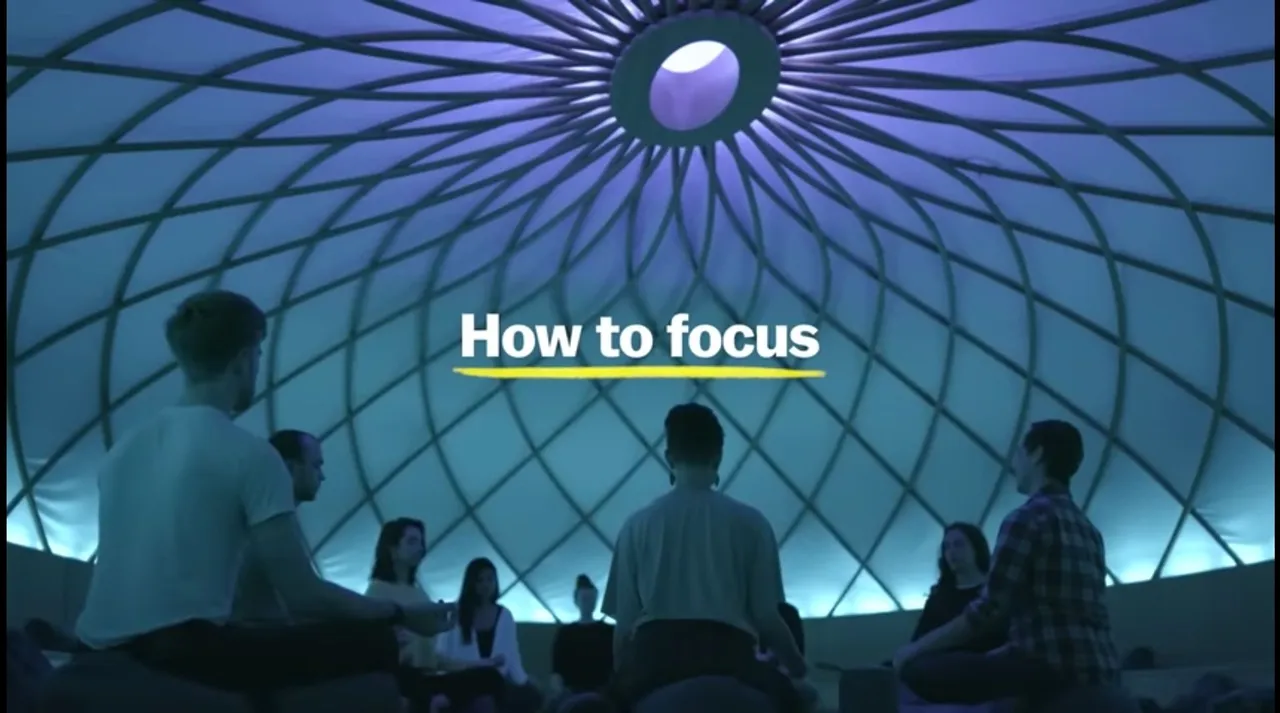

Mientras iba viendo el documental iba entendiendo que realmente esto es algo que todos deberían ver, y es que la gente tiende a pensar que la realidad que ven es exactamente la realidad que los rodea y no es para nada así. Otros buscan hacerles entender a otros que lo que están viendo no es lo real, sino lo que ven en su propia realidad, pero no saben que la verdad es que hay una alta probabilidad de que ninguno de los dos tenga la razón absoluta.
Este principio es el que usualmente yo tomo en cuenta a la hora de tomar una decisión trascendental en mi vida porque estoy consciente de que ver distintas perspectivas de un mismo panorama es estrictamente necesario para no dejarme llevar por factores personales que afectarían la decisión.
Algunos verán esto como una inseguridad porque no estoy tomando la decisión yo sola, pero no tiene nada que ver con eso, cada ser humano es distinto, podemos tener una idea de la decisión que queremos tomar, pero siempre debemos pedir terceras opiniones de personas que consideremos de confianza para que nos muestren las otras perspectivas del mismo panorama, porque esto tiene que ver mucho con donde pongamos el enfoque de concentración en nuestro día a día.
Suelo hablar mucho de los sesgos cognitivos que tenemos los seres humanos en mis posts, aunque no los digo abiertamente con el término médico psicológico, porque sé que no es algo que todo el mundo entiende, los sesgos son algo así como alteraciones que tenemos de la interpretación de las situaciones, la realidad y que están dados por nuestra personalidad, experiencias, conocimientos, principios morales, etc.
Es difícil para una persona no enfocarse en su entorno basándose en sus propios sesgos, es un mecanismo mental que actúa de forma involuntaria y, de hecho, pueden llegar a representar un verdadero problema para la persona si no se da cuenta de ellos, aun cuando surgieron justamente con la intención de poder agilizar los procesos mentales.
Son esos sesgos los que nos llevan a concentrarnos en aspectos específicos del panorama dejando de lado otros miles de aspectos más, y es por eso que el ser humano se ve en la necesidad de aprender diferentes técnicas para poder concentrar sus sentidos en un punto en específico y no dejarse llevar por ellos.
As I was watching the documentary I was understanding that this is something that everyone should see, and that is that people tend to think that the reality they see is exactly the reality that surrounds them and it is not at all like that. Others seek to make others understand that what they are seeing is not what is real, but what they see in their own reality, but they do not know that the truth is that there is a high probability that neither one of them is absolutely right.
This principle is the one I usually take into account when making a transcendental decision in my life because I am aware that seeing different perspectives of the same panorama is strictly necessary in order not to get carried away by personal factors that would affect the decision.
Some will see this as insecurity because I am not making the decision by myself, but it has nothing to do with that, every human being is different, we can have an idea of the decision we want to make, but we should always ask for third opinions from people we consider trustworthy to show us the other perspectives of the same panorama, because this has to do a lot with where we put the focus of concentration in our day to day.
I usually talk a lot about the cognitive biases that we human beings have in my posts, although I do not say them openly with the term psychological doctor, because I know that it is not something that everyone understands, biases are something like alterations that we have of the interpretation of situations, reality and that are given by our personality, experiences, knowledge, moral principles, etc.
It is difficult for a person not to focus on his environment based on his own biases, it is a mental mechanism that acts involuntarily and, in fact, can become a real problem for the person if he is not aware of them, even when they arose precisely with the intention of being able to streamline mental processes.
It is these biases that lead us to concentrate on specific aspects of the panorama, leaving aside thousands of other aspects, and that is why human beings need to learn different techniques to be able to concentrate their senses on a specific point and not get carried away by them.
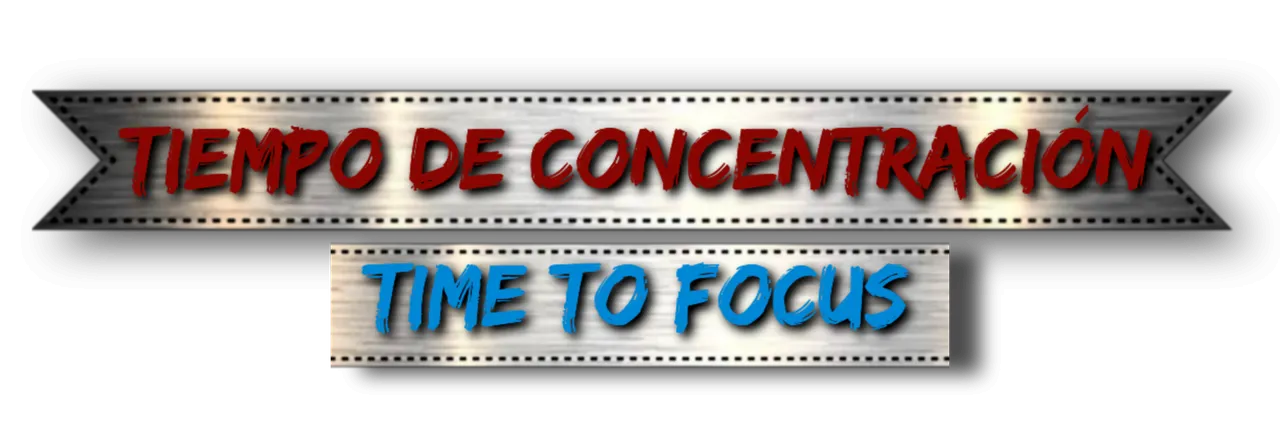
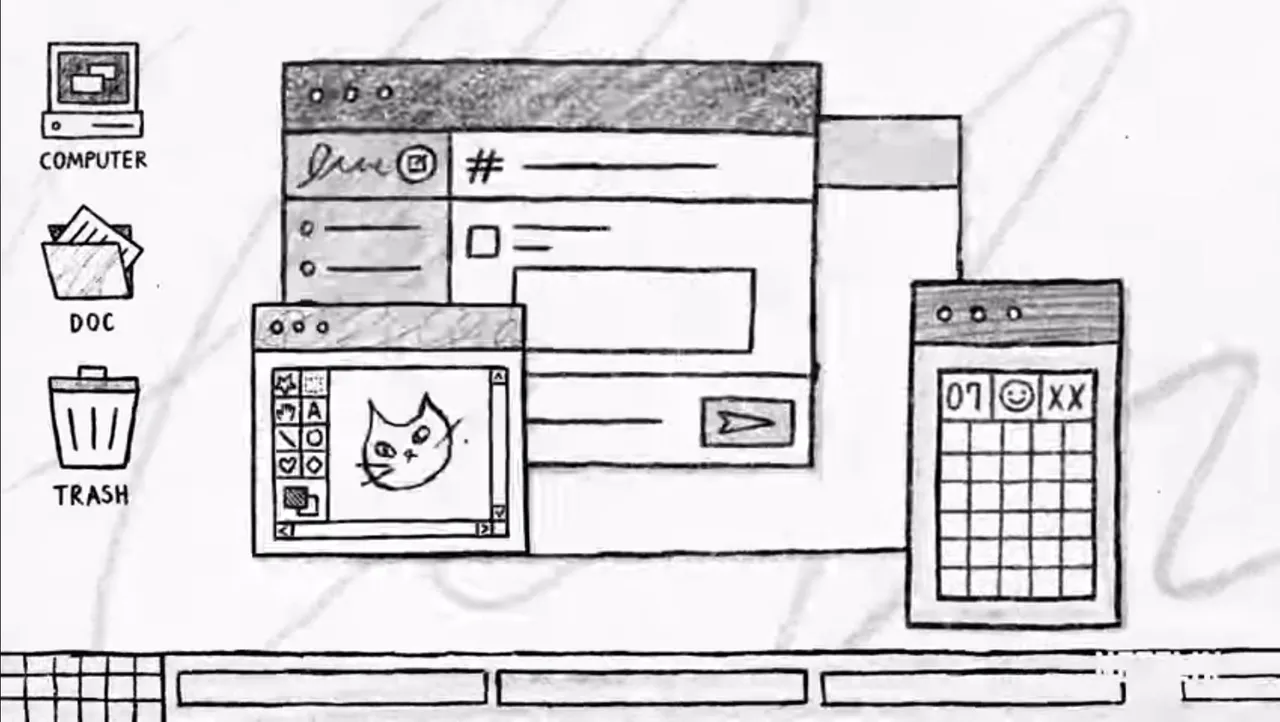

Hay un punto importante que tocan en el documental, y es que pareciera que el mundo gira y que cada día la capacidad de concentración del ser humano ha ido disminuyendo con el paso del tiempo, antes, por ejemplo, podíamos ver una película de 2 horas sin problema, muchos después se acostumbraron a ver videos en YouTube de 20 o 30 minutos, en la actualidad muchos prefieren sólo ver algunos en tik tok de unos pocos segundos.
Así que, si lo analizamos bien, pareciera que es así, que el cerebro va en una especie de involución donde los periodos de concentración son cada vez menores, pero no es así, ha sido la misma capacidad de concentración desde hace unas décadas, el cerebro no ha llegado a involucionar a ese punto, al menos no se ha comprobado aún.
Es por eso que es importante que la gente comprenda que el ser humano tiene una capacidad máxima de concentración de 90 minutos, aproximadamente, pero prefiere usar el tiempo mínimo, que son unos 15 o 20 minutos, por supuesto esto va a depender de cuán agotador sea en lo que se están concentrando o cuán motivados se sientan haciendo lo que los mantiene concentrados, pero es básicamente ese el tiempo promedio.
Es por ello que se recomienda hacer videos o escritos que sean leídos en máximo 20 minutos para aprovechar la mayor probabilidad de concentración de cualquier ser humano (cosa que yo debería intentar, pero vamos, ya ven cómo voy en este escrito, por mucho que lo intento, no sé si alguna vez podré lograrlo).
There is an important point that is touched in the documentary, and it seems that the world turns and that every day the concentration capacity of the human being has been decreasing over time, before, for example, we could watch a 2-hour movie without problem, many then got used to watch videos on YouTube of 20 or 30 minutes, today many prefer to watch only a few tik tok of a few seconds.
So, if we analyze it well, it would seem that it is so, that the brain goes in a kind of involution where the concentration periods are less and less, but it is not so, it has been the same concentration capacity for a few decades, the brain has not come to involute to that point, at least it has not been proven yet.
That is why it is important that people understand that the human being has a maximum concentration capacity of 90 minutes, approximately, but prefers to use the minimum time, which is about 15 or 20 minutes, of course this will depend on how exhausting is what they are concentrating on or how motivated they feel doing what keeps them focused, but that is basically the average time.
That is why it is recommended to make videos or writings to be read in 20 minutes maximum to take advantage of the highest probability of concentration of any human being (which I should try, but come on, you see how I am going in this writing, as much as I try, I don't know if I will ever be able to achieve it).
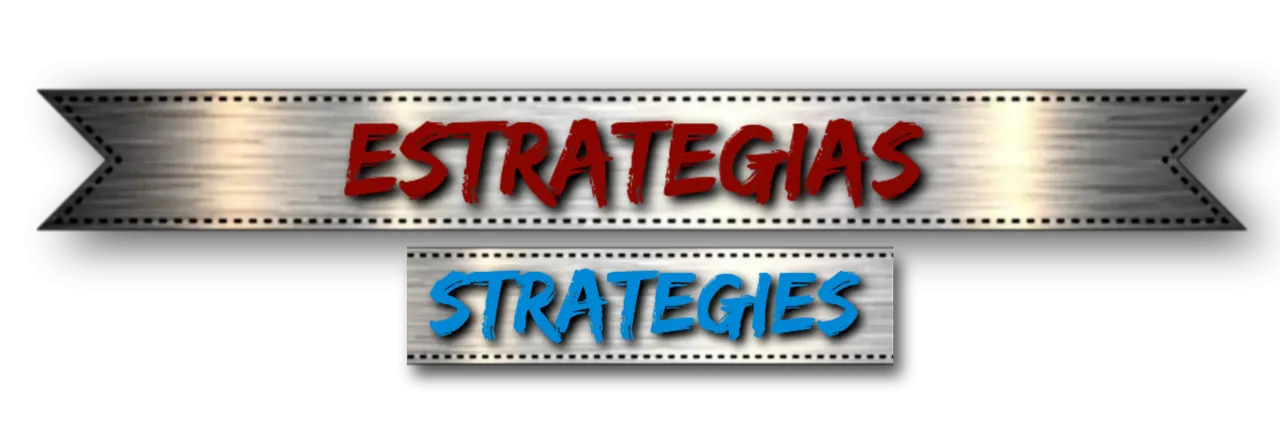
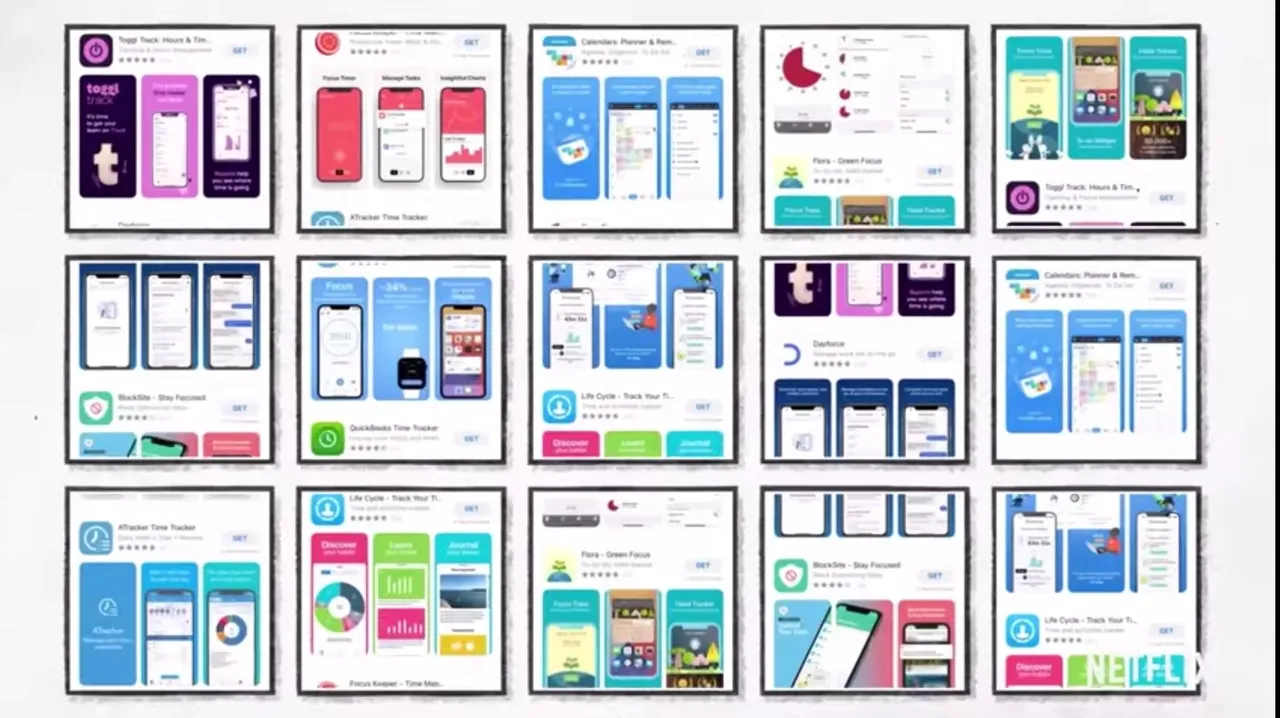

El documental además de hablarnos sobre esto, nos da un recuento sobre las estrategias que usa en la actualidad el ser humano para sacar el máximo provecho de su concentración y que, básicamente, se resumen en intentar pasar el menor tiempo posible pensando en lo que tienes que hacer, dedicar más tiempo a hacerlo, tomar descansos pertinentes y realizar esas actividades que necesitan concentración en determinados momentos del día.
Este último punto es importante, porque hablan de que con el advenimiento de las telecomunicaciones el ser humano cada 6 minutos, en promedio, revisan sus redes sociales o hasta cada 3 minutos, lo cual es un verdadero problema porqué tenemos infinidad de notificaciones en ellas que tienen una alta probabilidad de llenarnos de Ansiedad, porque son pendientes por ver y se van acumulando cada vez más.
La idea del trabajo de oficina no es lo que goza de más aceptabilidad en la actualidad, pero realmente uno de los pocos puntos positivos que tiene es que hay un tiempo específico que necesite una máxima capacidad de concentración de tu parte; los trabajos online son los más buscados en la actualidad, pero la mayoría no tiene un horario fijo para estas actividades, así que terminan forzando demasiado por obtener esa máxima concentración y al final desgastándose.
In addition to talking about this, the documentary gives us an account of the strategies currently used by human beings to make the most of their concentration, which basically boil down to trying to spend as little time as possible thinking about what you have to do, spending more time doing it, taking relevant breaks and performing those activities that require concentration at certain times of the day.
This last point is important, because they talk about that with the advent of telecommunications human beings every 6 minutes, on average, check their social networks or even every 3 minutes, which is a real problem because we have countless notifications in them that have a high probability of filling us with anxiety, because they are pending to see and are accumulating more and more.
The idea of office work is not what enjoys more acceptability nowadays, but really one of the few positive points it has is that there is a specific time that needs a maximum concentration capacity on your part; online jobs are the most sought after nowadays, but most of them do not have a fixed schedule for these activities, so they end up forcing too much to get that maximum concentration and in the end wearing themselves out.
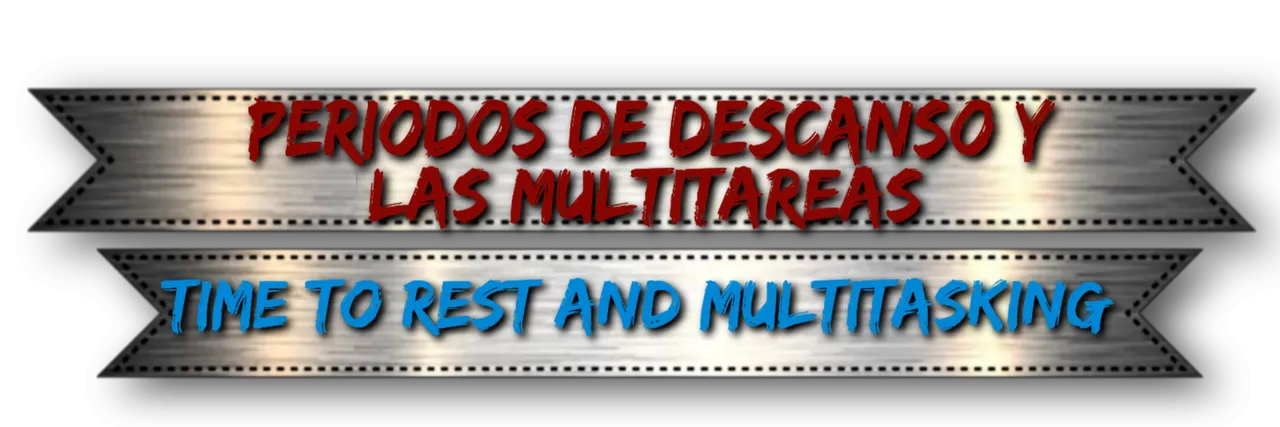
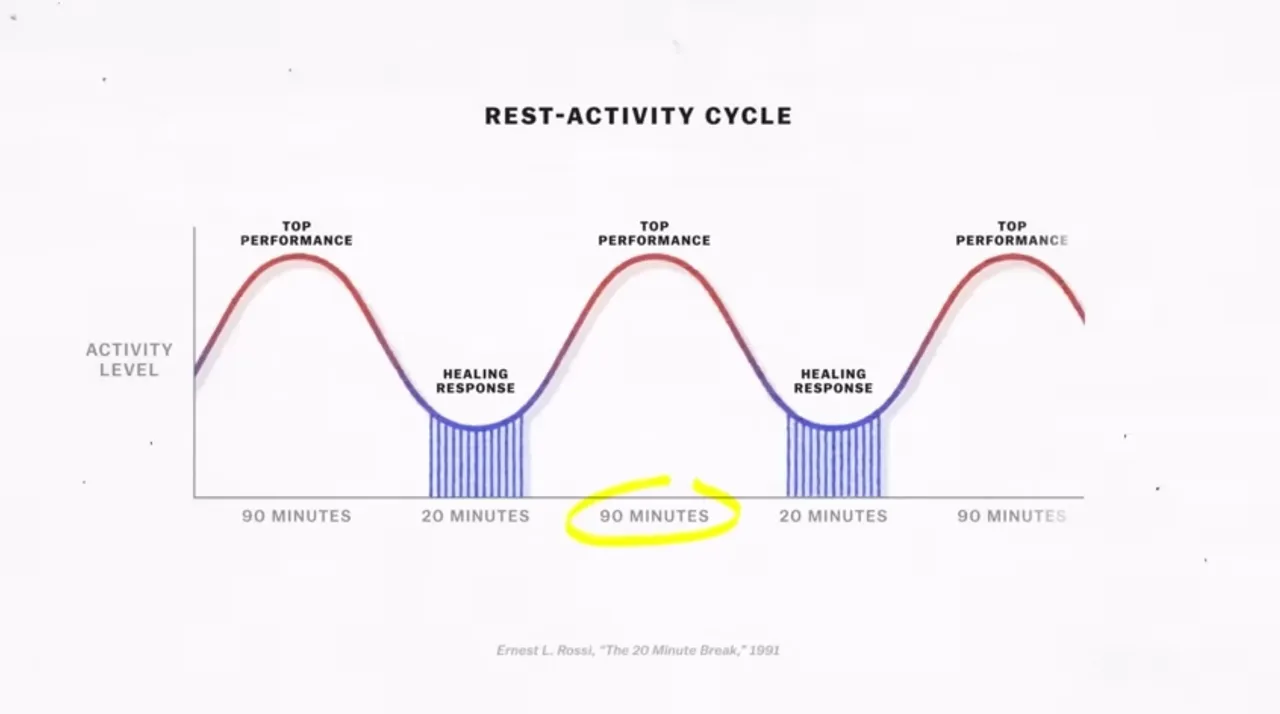

Recalcan que es importante comprender que nuestro cerebro necesita de periodos de descanso, porque al estar concentrados básicamente nos desconectamos del mundo y no podemos constantemente vivir así, por eso es necesario establecer un cronograma de actividades que nos ayuden a organizarnos para sacar el máximo provecho, pero tomando descansos adecuados.
Y como último punto, pero para mí el más importante, comprender que el querer hacer múltiples tareas al mismo tiempo va a hacer que los procesos mentales sean menos eficientes, tengas mayor probabilidad de error y prolongues la culminación, por lo que se recomienda realizar una o pocas actividades por vez, de esa forma podrás ser más efectivo con tus pendientes y agotarte menos.
Todos estos son conocimientos necesarios para poder entender que, aun cuando queramos, hay cosas que es difícil cambiar en nuestra propia mente, así que en la medida en que podamos comprenderla cada vez más, entonces podremos trabajar en conjunto con ella para ser más fructíferos en nuestras horas de trabajo y evitar el desgaste ocasionado por la necesidad permanente de concentración en nuestro día a día.
They emphasize that it is important to understand that our brain needs rest periods, because when we are concentrated we basically disconnect from the world and we cannot constantly live like that, so it is necessary to establish a schedule of activities that help us to organize ourselves to get the most out of it, but taking adequate breaks.
And as a last point, but for me the most important, understand that wanting to do multiple tasks at the same time will make mental processes less efficient, you have a higher probability of error and prolong the culmination, so it is recommended to perform one or a few activities at a time, so you can be more effective with your pending and exhaust yourself less.
All these are necessary knowledge to be able to understand that, even when we want to, there are things that are difficult to change in our own mind, so to the extent that we can understand it more and more, then we can work together with it to be more fruitful in our working hours and avoid the wear caused by the permanent need for concentration in our day to day.

¿Me gustó el documental? Sí me gustó, hubiera deseado que tuviera más información, pero es solo un capítulo, así que es comprensible que no abarque tanto.
¿La recomendaría? Últimamente me ha costado ver películas, no encuentro una que me llame la atención para escribir de ella, así que he encontrado en los documentales una forma de aprendizaje extra para dejarles a ustedes y a m mientras veo algo que me distraiga, así que para los que quieren hacer lo mismo que yo, sí lo recomendaría.
¿Lo vería otra vez? Sí, este tipo de programas son siempre interesante de ver varias veces para poder extraer la mayor cantidad de información posible, a simple vista pareciera no tener tanta, pero incluso hay juegos mentales a lo largo de él que son interesantes de poder enfocarlos una segunda vez.
Did I like the documentary? Yes I did, I wish it had more information, but it's only one chapter, so it's understandable that it doesn't cover that much.
Would I recommend it? Lately I've been having a hard time watching movies, I can't find one that catches my attention to write about it, so I've found documentaries to be a form of extra learning to leave you and me with while I watch something to distract me, so for those who want to do the same as me, yes I would recommend it.
Would I watch it again? Yes, this kind of programs are always interesting to watch several times in order to extract as much information as possible, at first sight it may not seem to have that much, but there are even mind games throughout it that are interesting to focus on a second time.


